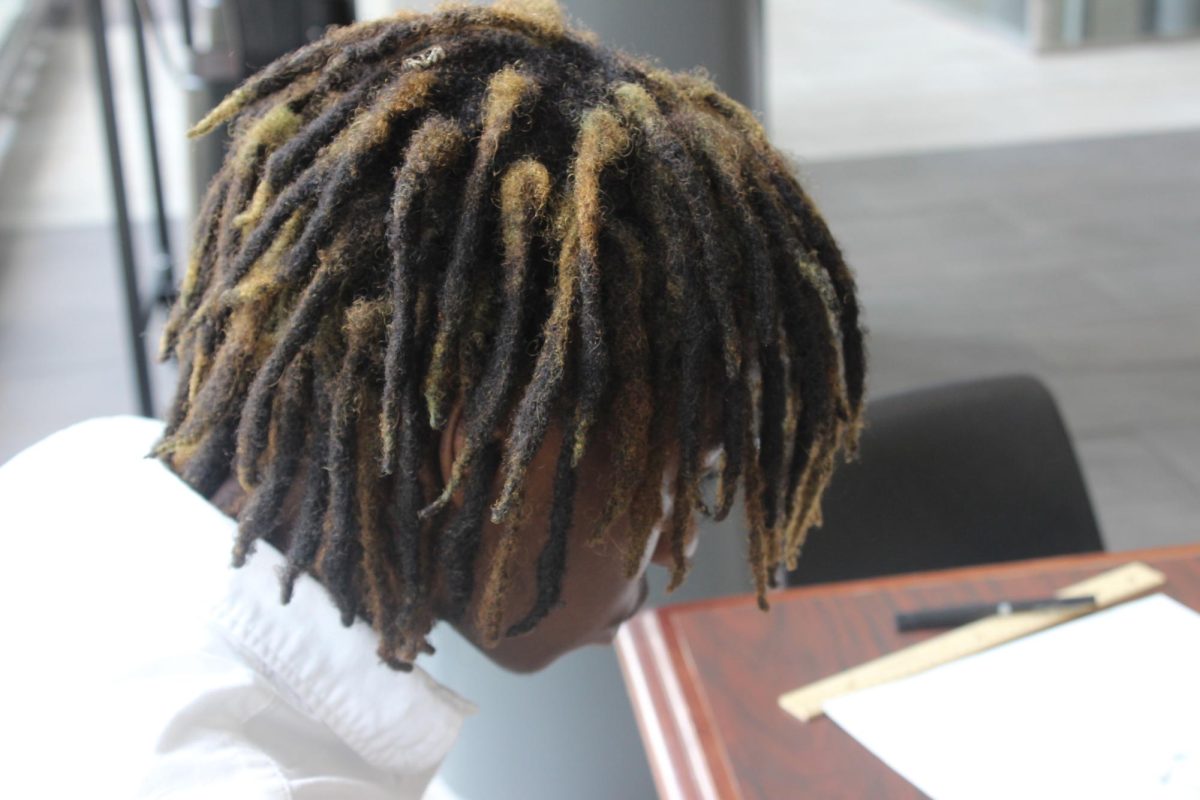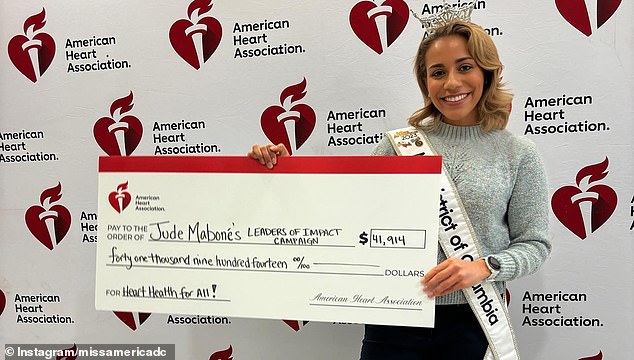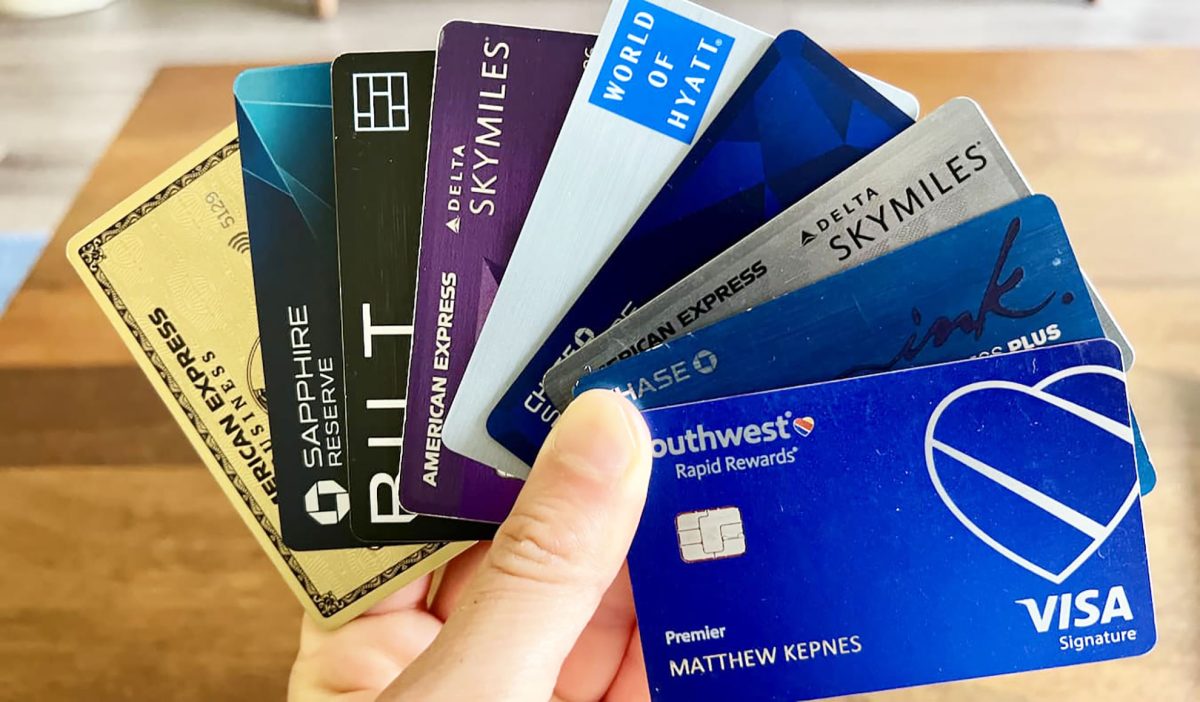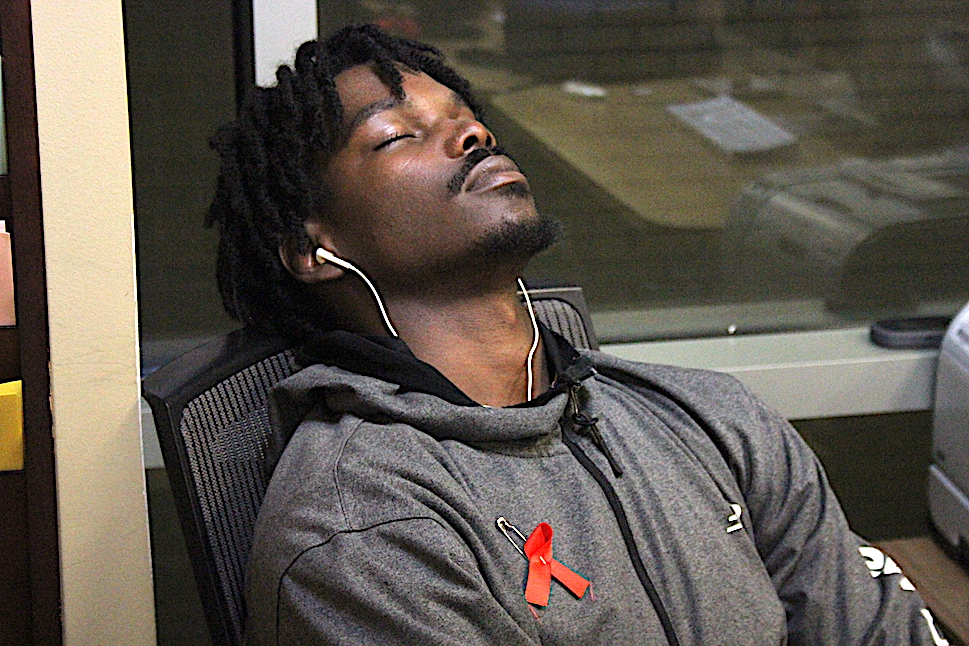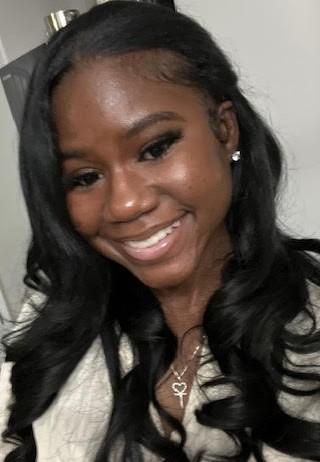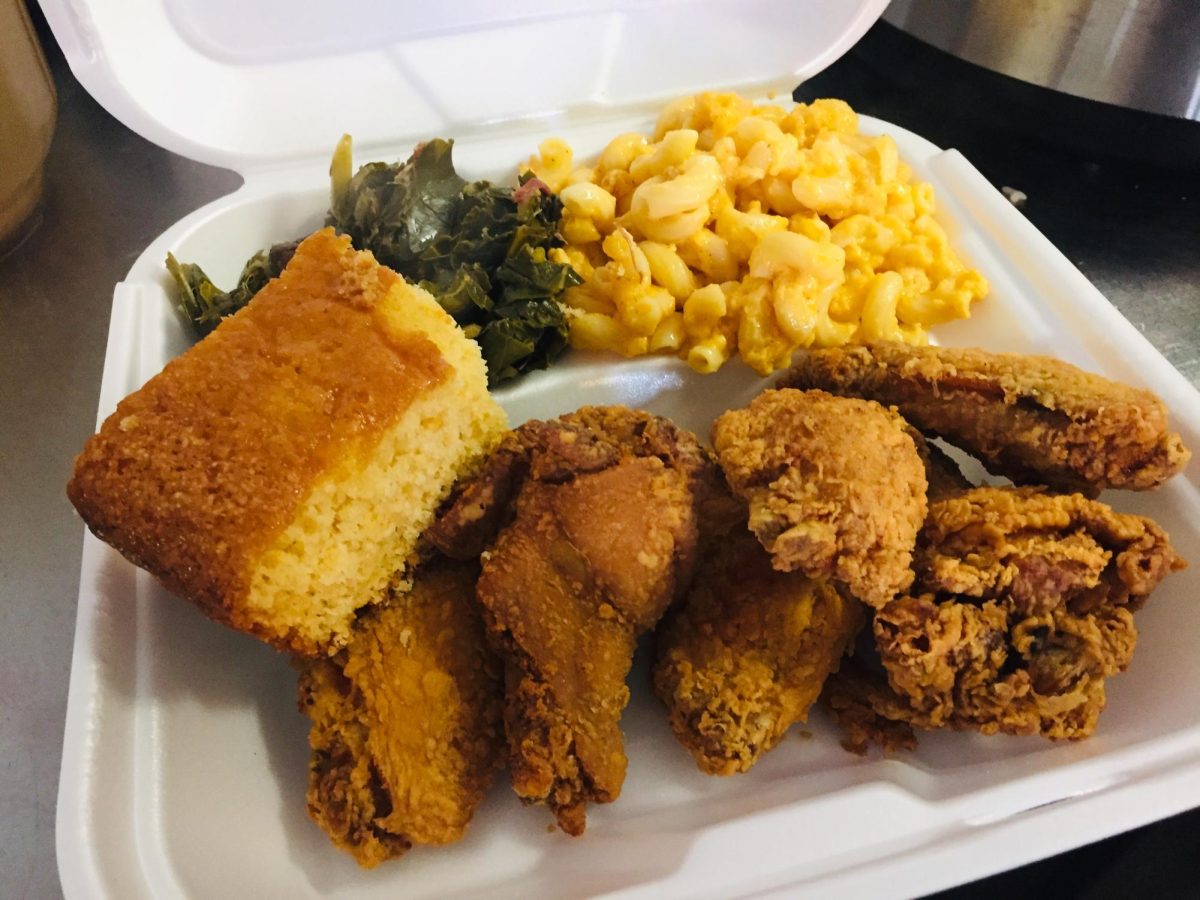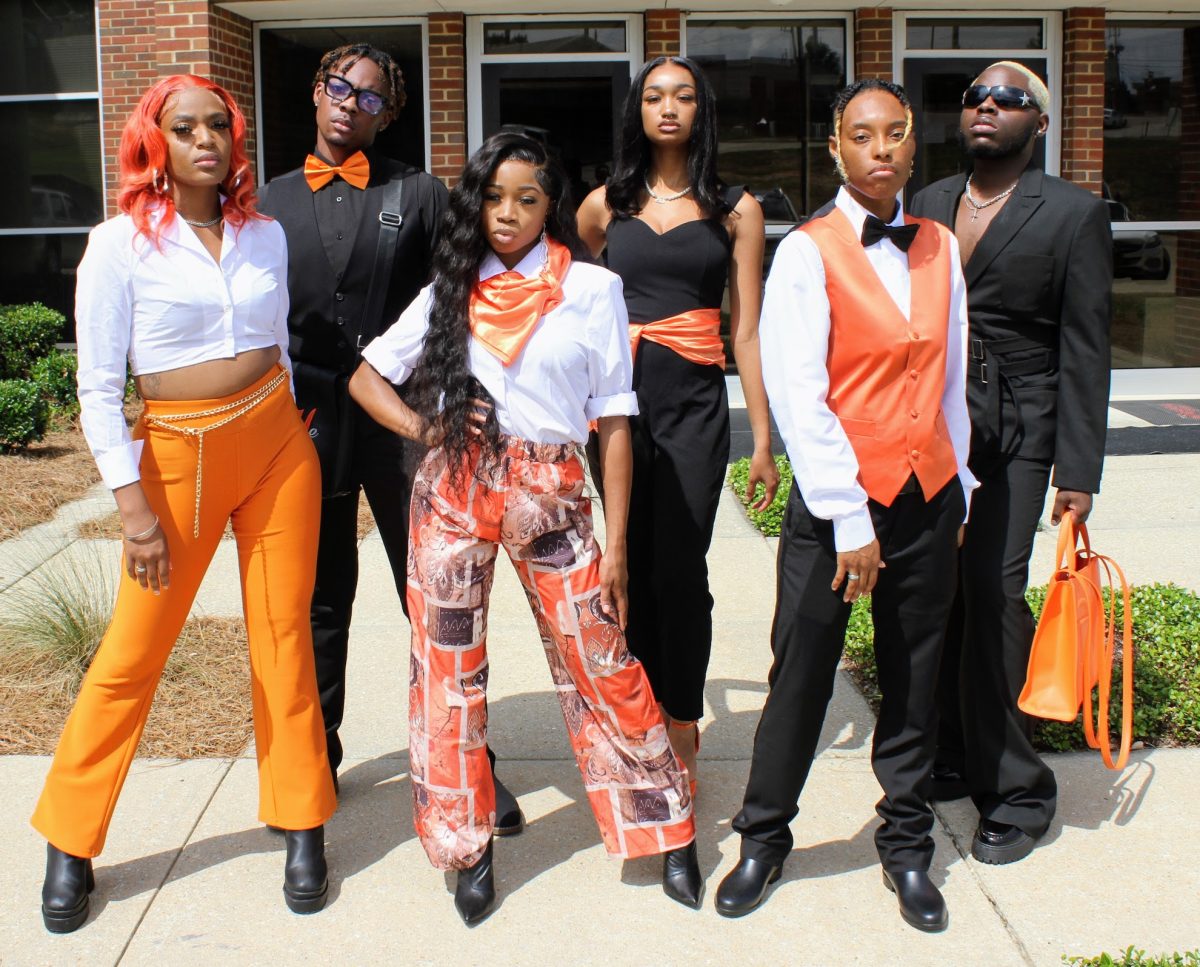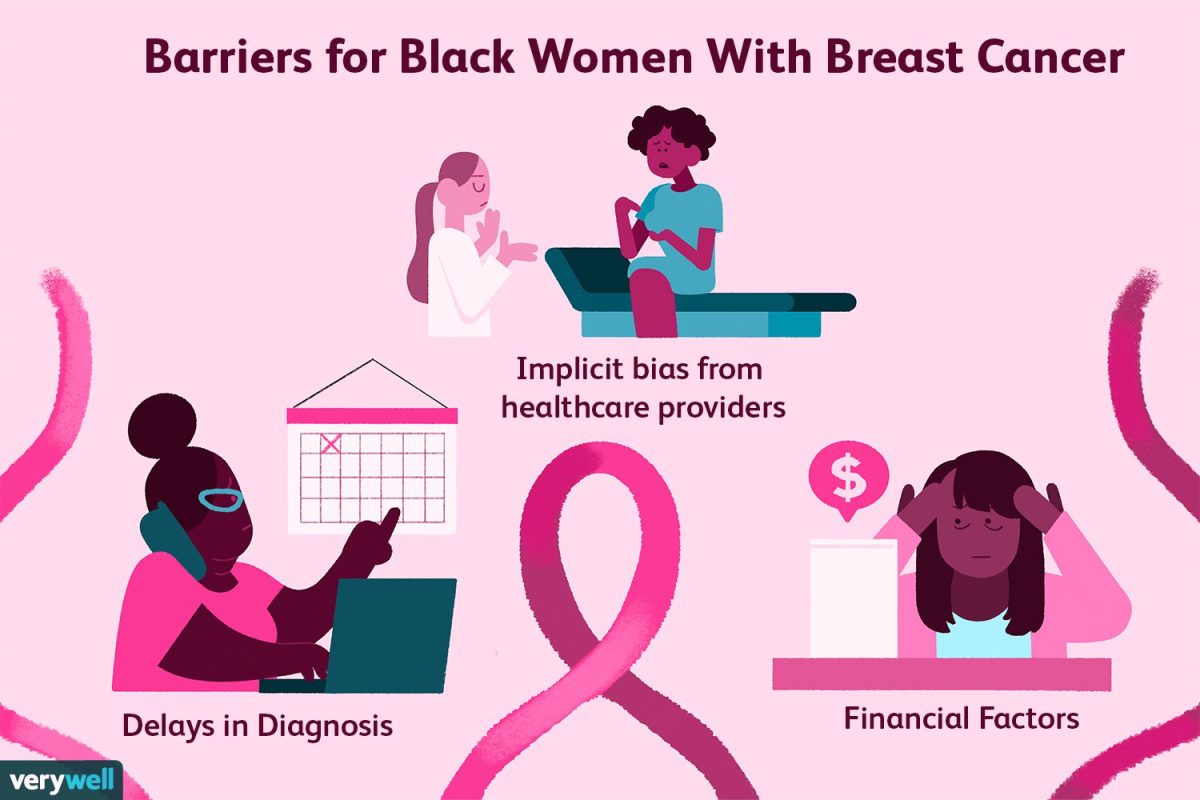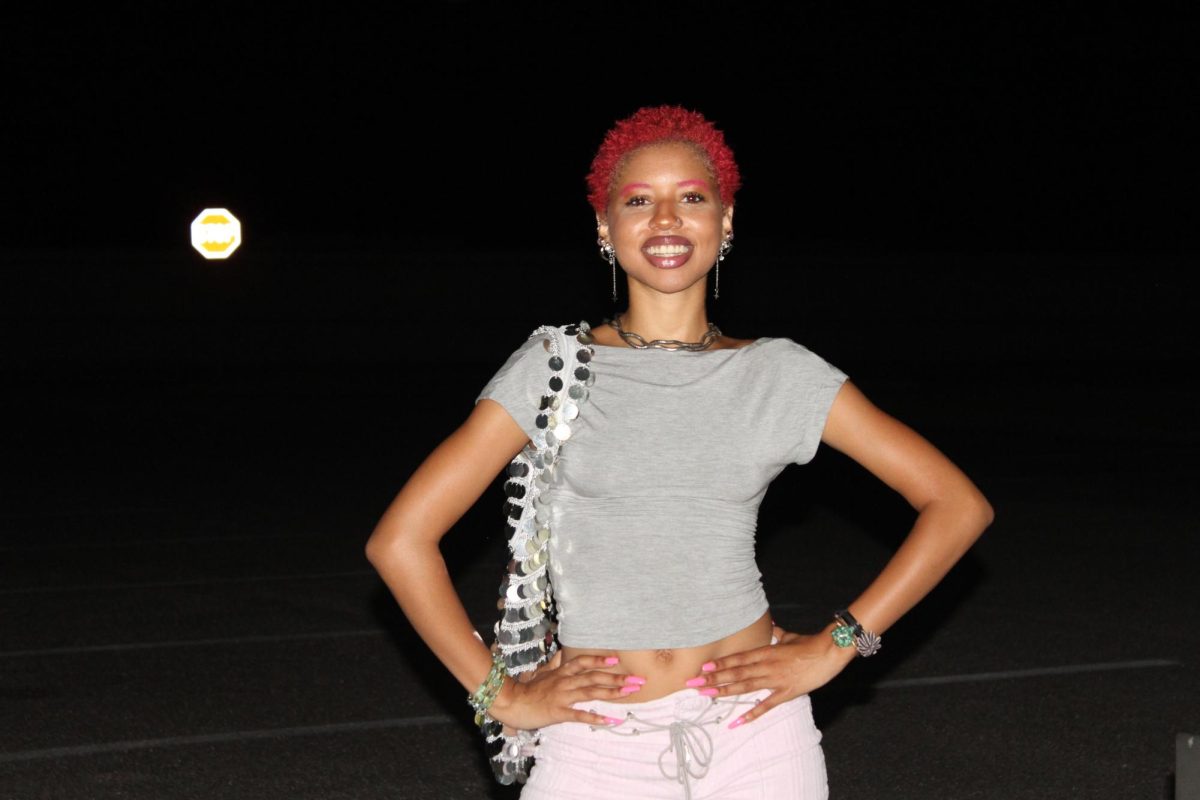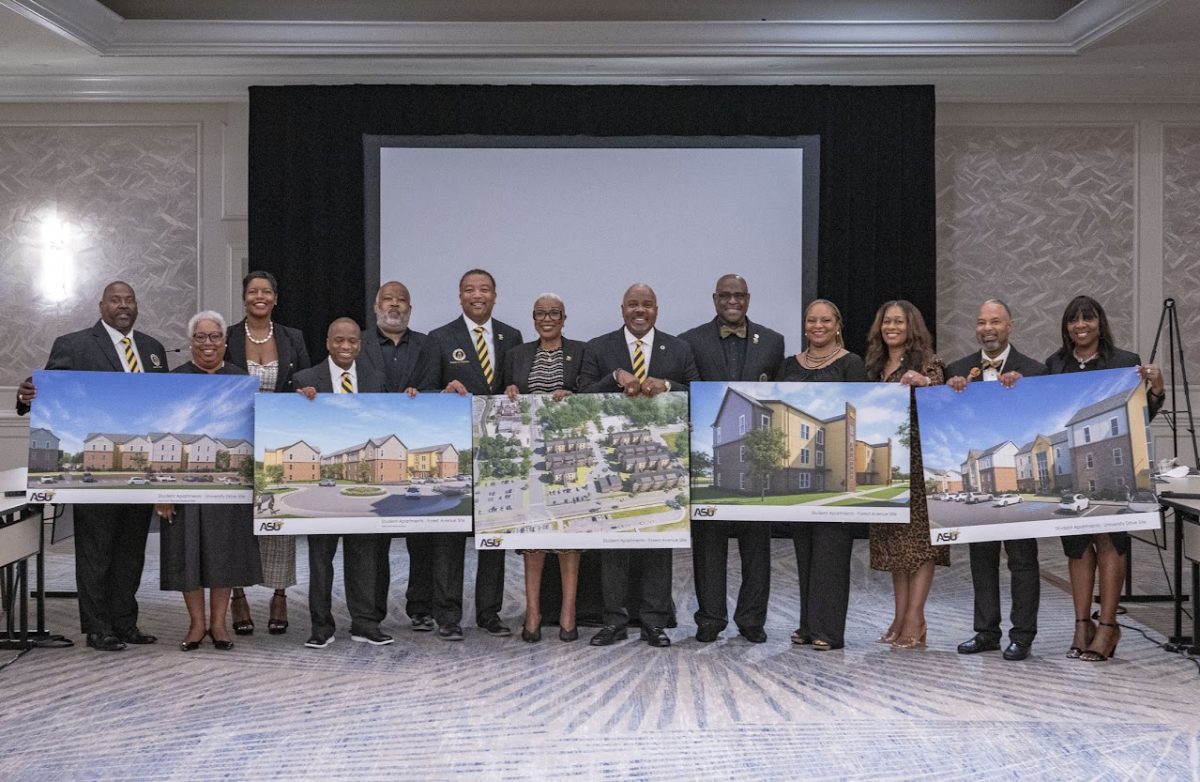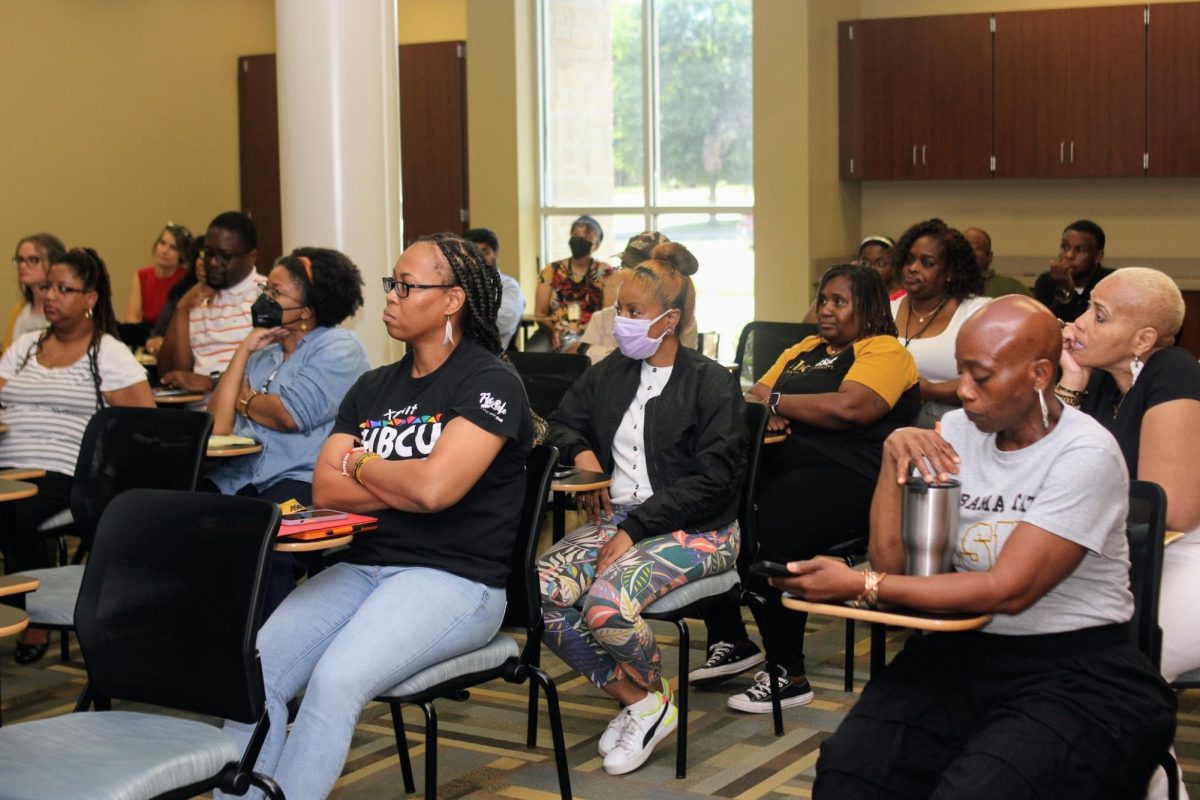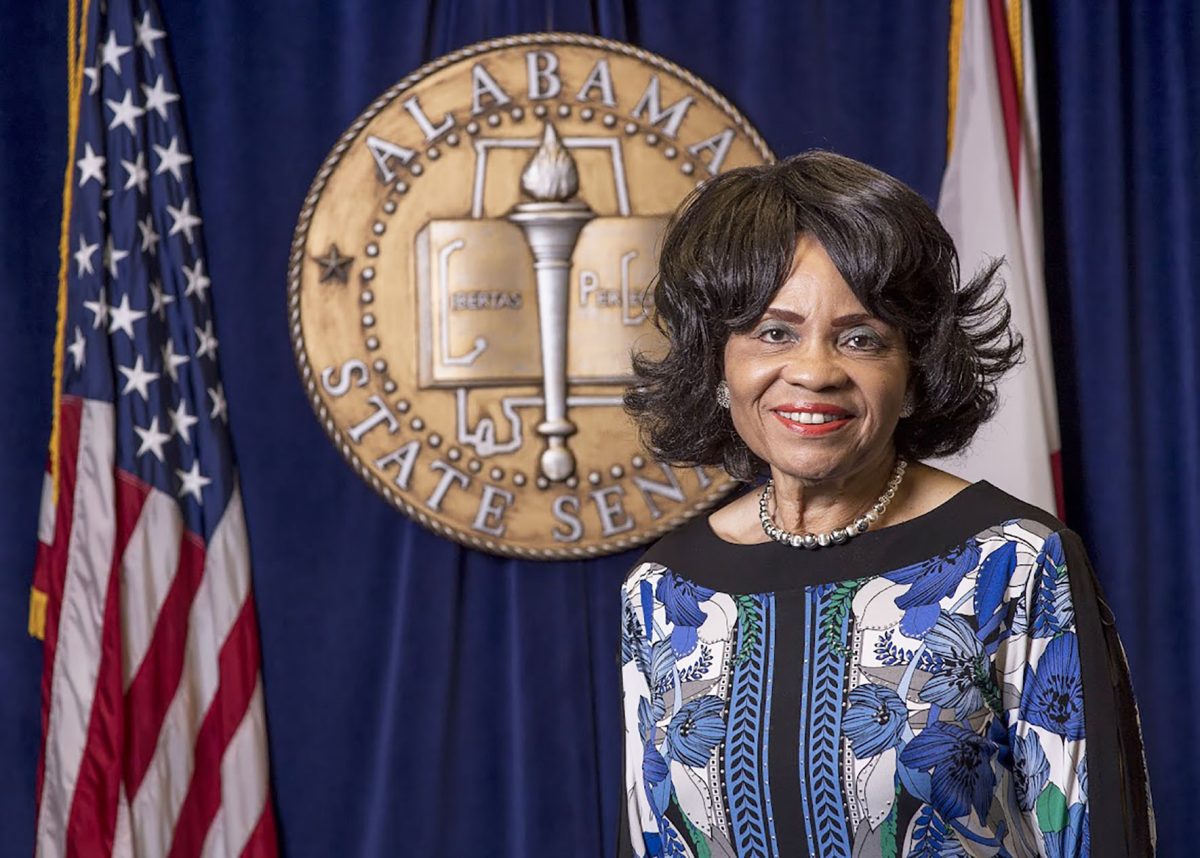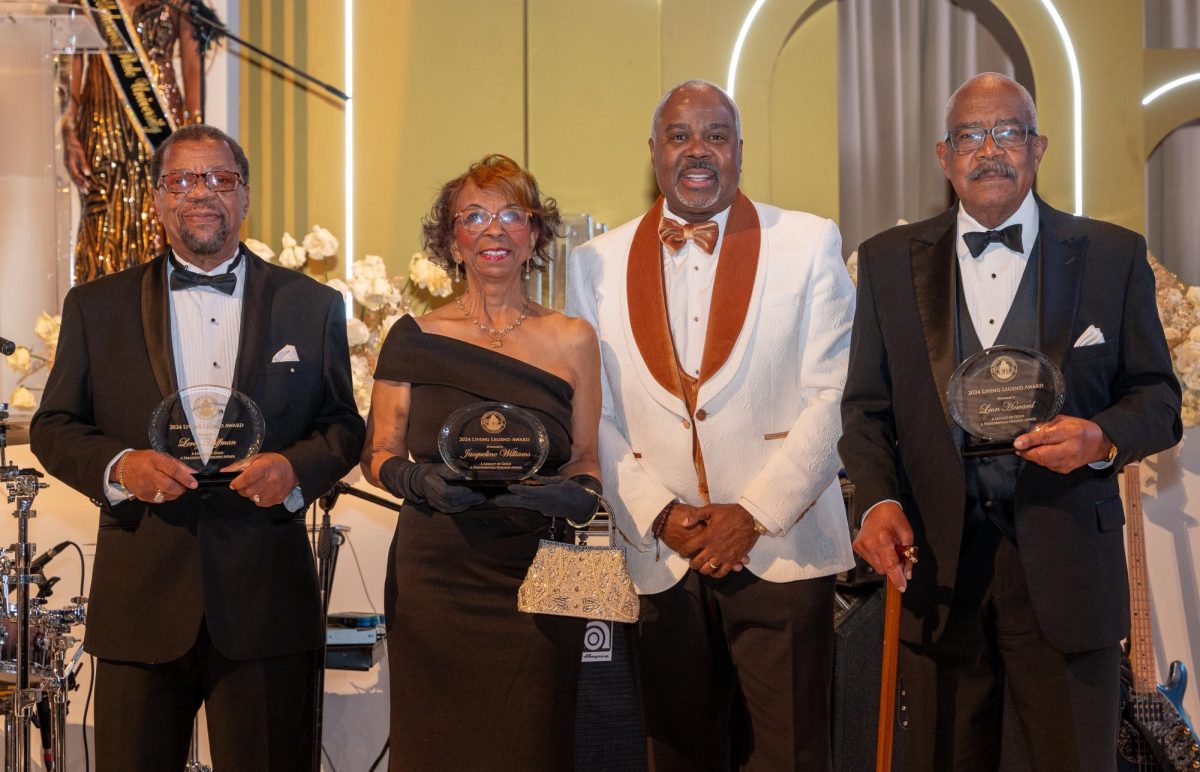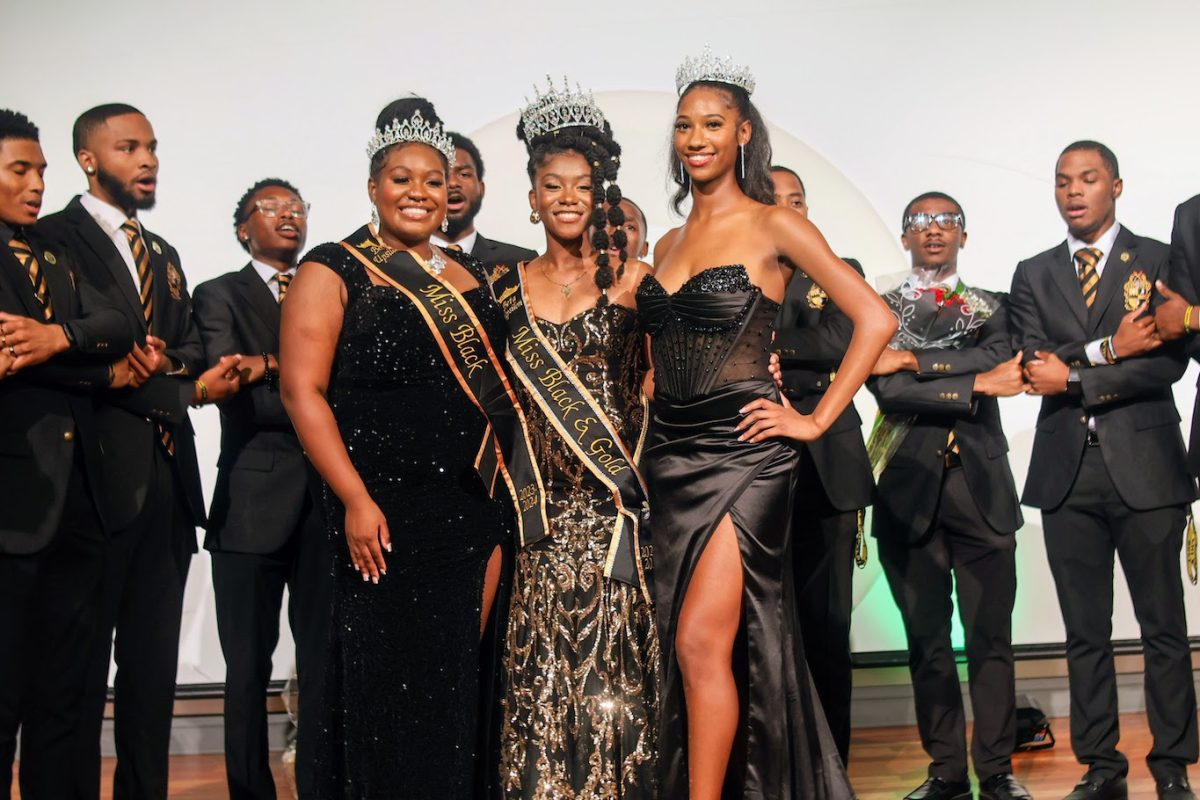African Americans, Afro Latinos and Indigenous descent Americans are acceptable to prejudices due to their hairstyles, hair texture and hair culture.
Minority groups encounter hair discrimination and prejudgements based on their natural hair in regards to pursuing higher education, internships and opportunities in the workplace or academic settings.
The Crown Act, a law to ensure protection against discrimination based on race-based hairstyles by extending statutory protection to hair texture and protective styles such as braids, locs, twists and knots in the workplace and public schools, and the act protects minority groups in predominantly white spaces. However, the Crown Act is not law in Alabama.
Several students at the university talked about their struggles and adversities faced with their natural hair in the workplace and academic settings.
Some students, like Montavius McDade, believes that society is beginning to open their minds to Black hairstyles.
“I believe the standard for professionalism is changing considering that our generation is not like the previous,” he said. “We’ve changed laws, social norms, and much more. Therefore, I don’t believe it’s not as hard as it used to be to be perceived as a professional with locs. I do believe the way I style my hair affects my opportunities. It’s not harder to be professional with locs but that’s only if they are well kept and neat.”
Of course any hairstyle must be kept neat and clean in a professional environment, but this especially so for Black individuals with locs.
As far as styles, a ponytail to the back is best or if free hanging be sure for the locs not to cover the face.
Black males struggling in a professional workplace with their natural hair is becoming less distracting.
Do not let your workplace discourage you from the culture and meaning thehair holds for African Americans.
De’Avis Robertson, another student who had plenty to say about
Black hairstyles said, “As a black man with locs, I personally don’t feel like it’s harder to perceive other black men with locs as professional in the workplace.
The stigma placed on locs not being professional started from a Caucasian point of view and stuck around but in today’s society. The stigma is slowly being broken down with every new generation of men who grow out their hair.
The way you style your hair does indeed affect your chances of job opportunities and internships.
Even within the African American community, people with locs, someone with their hair pulled back out of their face has an exceptionally higher chance of getting the job or internship than that of someone who keeps their hair down in their face.
For any black male who has locs or longer hair, do not let anyone dictate what is considered professional in terms of hairstyles. Especially if they are not able to understand the type of connection those African American communities have with their locs.
Everyone does it for a different reason but whatever that reason may be it should not make a person any less desirable for a job. So just keep trying because someone out there will see past the hair and hire the person.
Generations of Black men with cultural hairstyles have felt liberated into not feeding into Eurocentric beauty standards of what professionalism should look like. Many Black women have exhibited the same beliefs.
Shanna Moss said, “I do not think I face adversity when applying for jobs due to my natural hair. However, I have not applied for any internships. I usually wear my hair in the winter and style my natural hair in a top knot with curls down the sides, half up and half down, or ponytail hairstyles. However, I want Black women to know your curls are beautiful. Your kinks are beautiful. Your shrinkage is beautiful. Embrace your hair, don’t disown it.”
Black women have faced many adversity over the past in society. However, new generations are reaping the benefits of past activism ensuring the next generation will not have to face the same adversity as prior generations have faced.
Zaria Gordon-Coffey said, “Natural hair is not just hair to me. It is a part of my identity. Being a Black girl who struggled with their natural hair growing up and being made fun of was hard, it takes courage to wear your natural hair. I have overcome this fear of hiding my hair and learning to take care of it. I hope this helps others embrace their natural state of hair no matter the length or texture. You are divinely created, embrace it!”
Categories:
Wearing natural hairstyles in the workplace
Calandrea Carter, Staff Reporter/Writer
September 17, 2023
Story continues below advertisement
0
More to Discover


